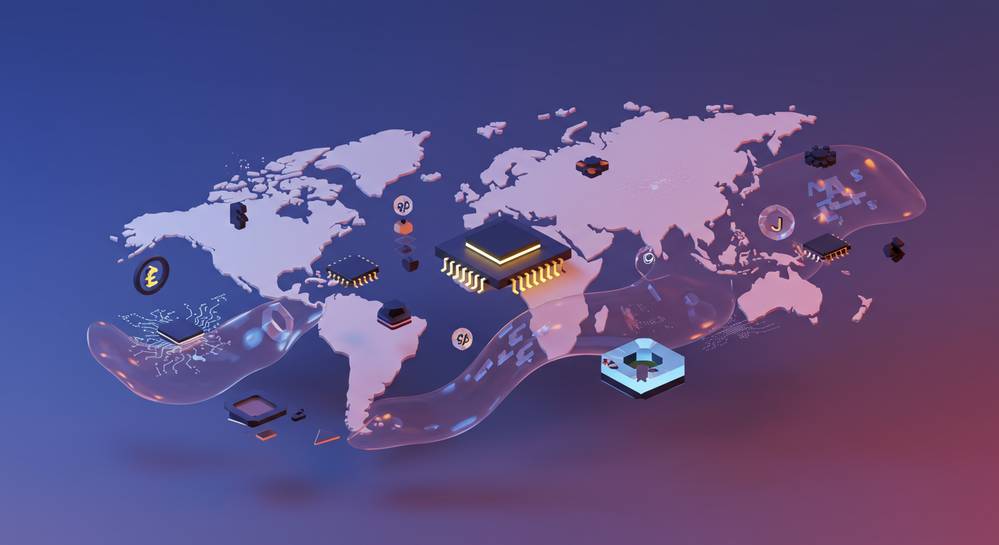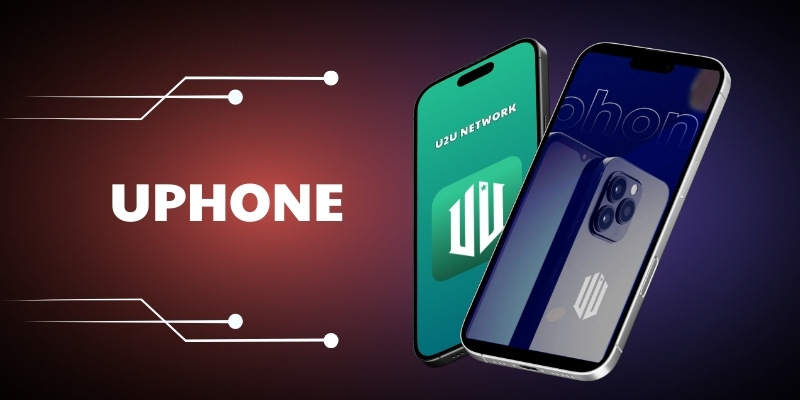As an expert immersed in the digital age, I’ve seen firsthand how The impact of filters and editing on self-esteem plays out. Every swipe, filter, and edit can chip away at your sense of self. We’re no strangers to that quick photo tweak before posting, but at what cost? With each altered image, we’re caught in a tug of war between our virtual selves and who we are when the phone’s down. This blog takes a deep dive into the virtual quagmire we’re wading through and asks the pressing question: Are we warping our own self-esteem? From the unsettling rise of ‘Snapchat Dysmorphia’ to the relentless quest for digital perfection, we’ll explore how modern tech is reshaping our self-images and the way we perceive beauty. Join me as we confront the distorted mirrors in our pockets and navigate the filter bubble ensnaring our youth. It’s time to decode how these digital alterations are influencing our minds and morphing our perceptions. Get ready to unravel a complex web of psychology, identity, and the uncharted waters of the selfie generation’s mental health.
Unpacking the Psychology Behind Filters and Digital Alterations
The onset of Snapchat Dysmorphia and its Psychological Backdrop
Snapchat dysmorphia has us chasing pictures that are not real. We use filters to look better online. Often, we can’t get the same look in real life. This makes us unhappy and sometimes we want to change how we look to match our selfies. Doctors see more people asking for surgery to look like their filtered selves. This concern is real and is growing fast.
Filters can make skin look smooth and features perfect. People might think, “Why can’t I look like this all the time?” This thinking can hurt how we see ourselves. It can make us believe we’re not good enough as we are. Filters change beauty standards. Now, many people want to look like what they see on apps, not in the mirror.
The Continuous Loop of Validation: Likes, Comments, and Mental Health
When people “like” our photos, it feels good. We start to want more likes and comments. It’s like a loop. We post more edited photos to get more likes. This can lead to more filters and changes to the way we look in photos. If we don’t get many likes, we might feel bad or think we are not liked.
We see photos get a lot of likes. We think they show what beauty is today. We start to think we need to look like that too. Likes and comments can change what we think of ourselves. A lot of likes can make us feel good. But if we do not get likes, we can feel worse and even get sad.
People might keep seeking validation. They might not notice the harm to their mental health. For some, this can lead to feeling scared around others. They worry about not meeting the beauty standards of social media in real life.
Young people feel this the most. They use these apps a lot. They see so many perfect images that they think are real. They might not understand that it’s all editing and filters. This can make them feel bad about how they look.
These effects are not just with young people. Adults feel them too. The way we see beauty is changing. Edited images are everywhere. They aren’t going away. This means we have to learn to handle this new world. We need to understand the effects on us. We have to teach young people that it’s okay to not be perfect. We need to know that behind every flawless selfie is an app that changed it.
It’s not wrong to enjoy filters or want to look nice in photos. We all do. But it’s important to remember they are not real. We have to know the line between having fun with photos and letting them change how we feel about ourselves. When we feel bad about our looks, we should talk about it and get help if we need it. It’s okay to be us, just as we are. Filters should not change that.
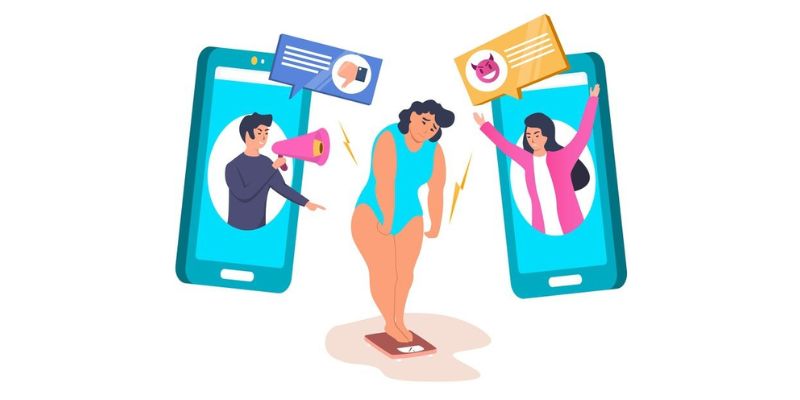
The Ripple Effect of Filtered Images on Self-Perception and Body Image
Facing the Impact: How Edited Selfies Are Reshaping Beauty Ideals
Snapchat, Instagram, and similar apps flood us with edited photos daily. These pictures can change how we see beauty. Filters smooth skin, slim faces, and change eye color. This creates new, often unreachable, beauty goals. Selfies are not just pictures; they can shape our desires of beauty and worth.
Imagine looking in the mirror and always wanting to change what you see. That’s our world now. We face tune and alter every photo before it hits the web. Then we scroll and see others do the same. These altered images are forming new beauty standards. Real human features are now flaws that need fixing in a digital world. This shift impacts how we feel about ourselves. It’s hard to love what we see when it doesn’t match filtered faces online.
Navigating the ‘Filter Bubble’: Adolescent Self-Esteem Meets Social Comparison
Teen years are tough. Bodies change, and self-esteem can waver. Add social media filters and the stakes are higher. Teens compare themselves to perfect images they see online. They don’t always know how fake these photos can be. This comparison can make them feel less. It can make it harder for them to love what they see in the mirror.
Kids today grow up chasing ‘likes’ and online praise. This chase can change how they value themselves. Their worth can start to rely on how others see them on the web. If they don’t get enough likes, they may feel they’re not good enough. This can lead to less joy and more worry over how they look.
Filters and photo editing are tools, but they’re changing how we see ourselves. They create a world where beauty is often a trick. It’s a world where confidence ties to how well we can edit a selfie. This can lead to less happiness with our real selves. It can push some to seek cosmetic changes to look like their filtered selves. All this can twist our view of what’s normal and healthy for our bodies. It’s key to know this impact so we can find ways to fight it. We need to push for images that celebrate real bodies and faces. This will help us all feel better about who we are, just as we are.
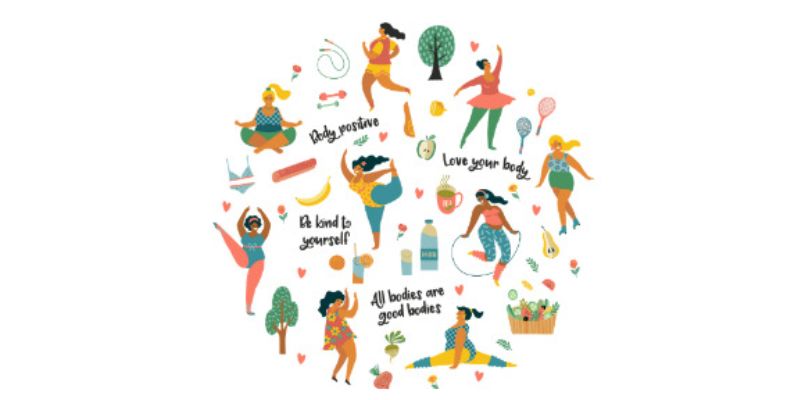
The Distorted Mirror: Reconciling the Virtual Self vs. The Real Self
The Pursuit of Perfection: Virtual Attractiveness vs. Authentic Self-Expression
We all see it: people with perfect skin, eyes, and teeth online. But is this real? No. Most images on apps like Instagram are changed with filters or editing tools. We make our skin look smooth, our eyes big, and our teeth white. It looks better, right? But what cost does this have on how we see ourselves?
Editing how you look can make you feel good at first. You might get more likes or nice comments. But think about this: are you really happy with the fake you? Or does it hurt you inside? When people like a photo that’s not really you, it can make you feel fake.
Now let’s talk about something called “virtual attractiveness.” What is virtual attractiveness? It’s a way of looking good online that’s not real. You use apps to change your face or body to fit beauty ideals that filters and photo editing set. This can make us unhappy with how we really look. We start to think that the “real” us isn’t as good as our online self. This can hurt our self-worth and make us sad or worried.
The Double-Edged Sword of Online Image and Curated Identities
Having an online image can be good and bad. It’s like holding two swords. One sword lets you show your best side to the world. You can share your wins and good times. That can feel great. But the other sword can cut deep. You might start to believe that you need to always look flawless. You might even think about getting surgery to look more like your edited photos.
This sorting of our online self from our real self can be tricky. We might forget who we really are. We might feel like we’re not enough. This is a big problem, especially for young folks. Their self-esteem is still growing, and social media can change how they feel about themselves.
Now, imagine this: instead of showing a perfect but fake picture, we show our real self. The us that wakes up in the morning. The us that doesn’t always have clear skin. That can be scary, but it’s also powerful. Saying “this is me” can make you feel stronger. It can help others feel better, too.
When we deal with the gap between our real and virtual selves, it’s not always easy. We want to look good online, but we also want to be real. The key is to find a balance. We need to understand that it’s okay not to be perfect. Learning to love our real selves just as much as our virtual selves is a big step toward finding joy and peace of mind.
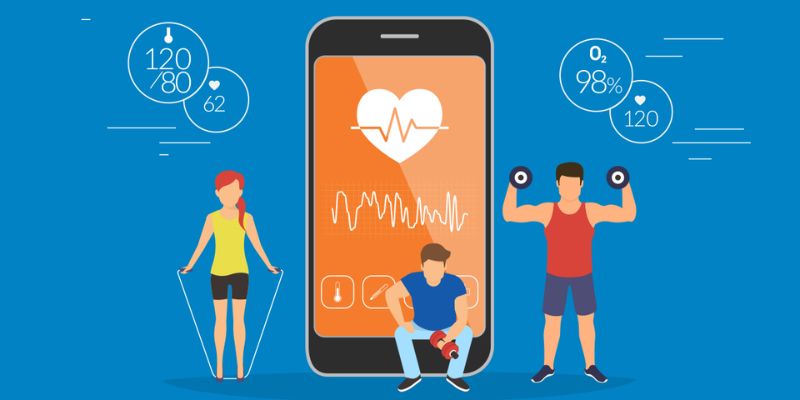
Towards Healthier Online Environments: Advocating for Realism and Acceptance
Editing with Caution: Balancing Digital Enhancements and Self-Acceptance
We can’t ignore the elephant in the room—our phones. They’re portals into worlds where we can change both our looks and our lives with a few taps and swipes. Using filters and photo editing apps is fun, sure. But when do we say it’s too much?
What starts as a simple snap can lead to a flood of likes that boosts our mood. Yet it also can set us up for a fall—when the likes don’t flow, our self-worth drops. Kids and teens, especially, find themselves in this trap. They see friends—or what they think are friends—looking flawless. “Why can’t I look like that?” they ask. And with each tap, each swipe, their confidence can shrink.
It’s like a giant game of pretend, but with a twist. This game can make us feel worse about our real selves because we compare ourselves to these perfect images. Every edited selfie tells us there’s a better version out there, one with smoother skin, brighter eyes, or a slimmed-down shape.
Does everyone know this? Perhaps not. When you take a photo and tweak it, do you think about how it may affect someone else’s self-image? What about your own views of beauty? We must find a balance between using editing tools for fun and preserving our self-acceptance.
Statistical Insights: What the Numbers Say About Social Media and Self-Esteem
Now let’s dive into the hard truths. Numbers lay it out clear and simple. Data shows that heavy social media use links to drops in self-esteem. That’s a fact, especially for younger users who are still figuring out who they are.
Studies reveal that spending more time on appearance-based platforms like Instagram is tied to feeling unhappy with one’s body. And those feelings aren’t rare—they’re pretty common. About 60% of girls and 50% of boys use apps to change their look. Nearly a third of teens feel bad about their body, and social media is a big reason why.
When likes and comments become the yardstick we measure ourselves with, we’re in trouble. This quest for online approval can mess with our minds. Our sense of self gets tangled up in our online image. Ever heard of Snapchat dysmorphia? It’s real. More people now ask doctors to make them look like their filtered selfies in real life. That’s a worry.
We’ve got to wise up to what we see online. Not just for ourselves but for others too. Small choices, like not using a filter, can start big changes. We can open up talks with our friends. We can share pictures that show who we really are. It’s okay not to be airbrushed all the time. In fact, it’s more than okay—it’s brave.
Let’s make some noise for keeping it real. Let’s show that we love our laughs, our frowns, our every little quirk that makes us unique. Let’s move toward healthier online places. Places where we all get to celebrate being ourselves—without the need for a digital disguise.
In this blog, we dove deep into how filters warp our view of beauty. We saw the risks of chasing likes for our mental health. Edited selfies aren’t just pictures. They shift what we think looks good. Young folks face tough times when they match themselves to these snapshots.
We also tackled the tough talk about our two sides: who we are online and who we are for real. We learned that looking great on the web can hurt, even if it feels good too.
But it’s not all bad news. We wrapped up with ideas to make online spaces kinder to our real looks and feelings. A little edit here and there? Sure. But let’s not lose what makes us us. The data tell us: It’s time for a swap from fake to real.
As an expert, I believe in a web where we cheer on what’s real about us. It’s about balance. Let’s keep it honest and kind, one click at a time.
Q&A :
How do editing and filters affect self-esteem?
The pervasive use of editing and filters in digital images can significantly impact self-esteem, particularly when individuals compare their unedited selves to the polished images prevalent on social media. This comparison often leads to feelings of inadequacy and low self-worth as people might believe they do not measure up to the seemingly ‘perfect’ appearances portrayed online.
Can the use of photo filters lead to body image issues?
Yes, the use of photo filters can contribute to body image issues. Filters that alter one’s appearance to meet certain beauty standards can create unrealistic expectations for how individuals should look, leading to dissatisfaction with one’s real appearance and potentially even long-term body dysmorphia.
What are the psychological effects of using filters on social media?
Using filters on social media can cause a variety of psychological effects, including an increased focus on physical appearance, higher levels of self-objectification, and a constant pursuit of external validation. It can also lead to social comparison, which can exacerbate feelings of anxiety and depression if individuals perceive they fall short of the idealized images they see online.
Is there a link between photo editing and self-perception?
There is a strong link between photo editing and self-perception. Regularly editing photos before sharing them can create a cognitive dissonance where one’s edited online persona becomes the ideal self, which, when contrasted with the unedited self, can lead to a warped self-perception and decreased satisfaction with one’s genuine appearance.
How can we mitigate the negative impacts of filters and editing on self-esteem?
Mitigating the negative impacts of filters and editing on self-esteem can involve several strategies. Encouraging a healthy skepticism of online images, promoting the acceptance of natural appearances, and focusing on internal attributes over physical ones can all help. Additionally, limiting time on social media or viewing content that celebrates diverse and unedited bodies may also foster a more positive self-image.

